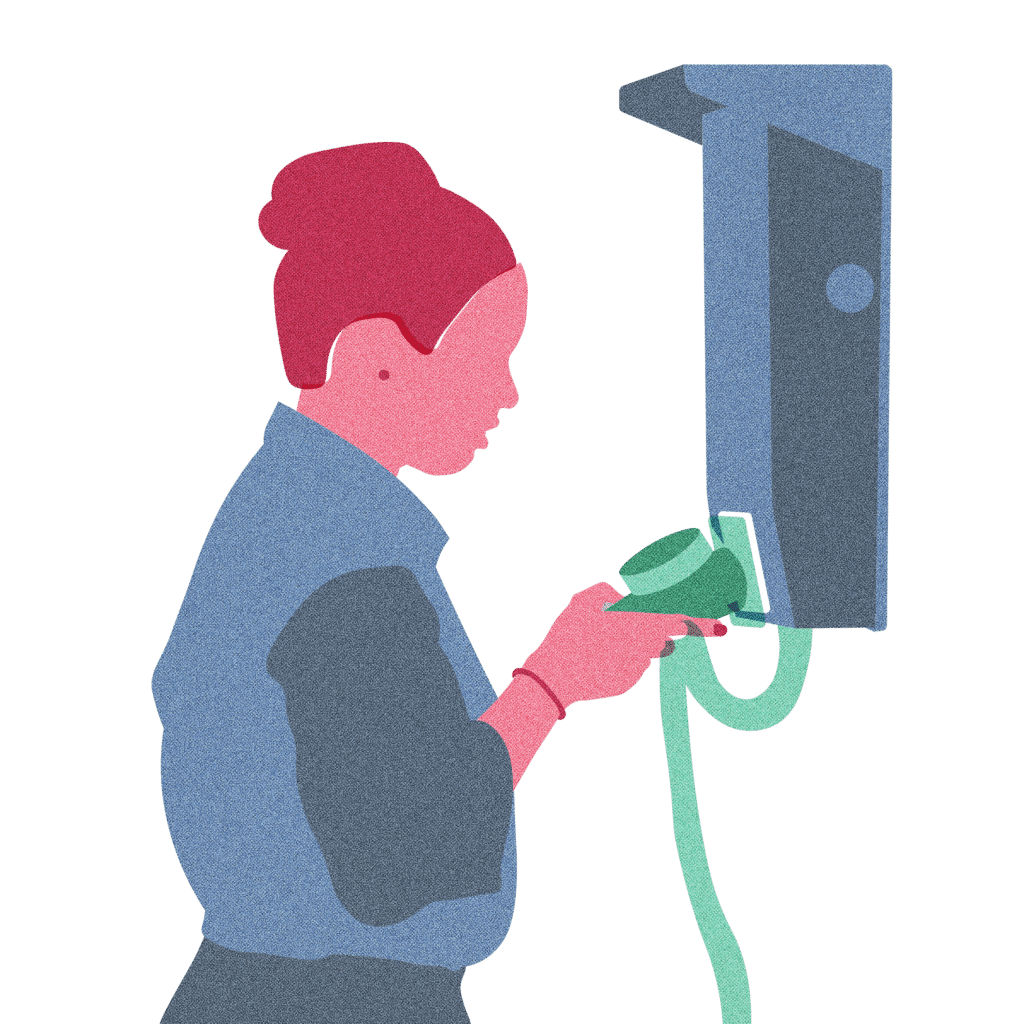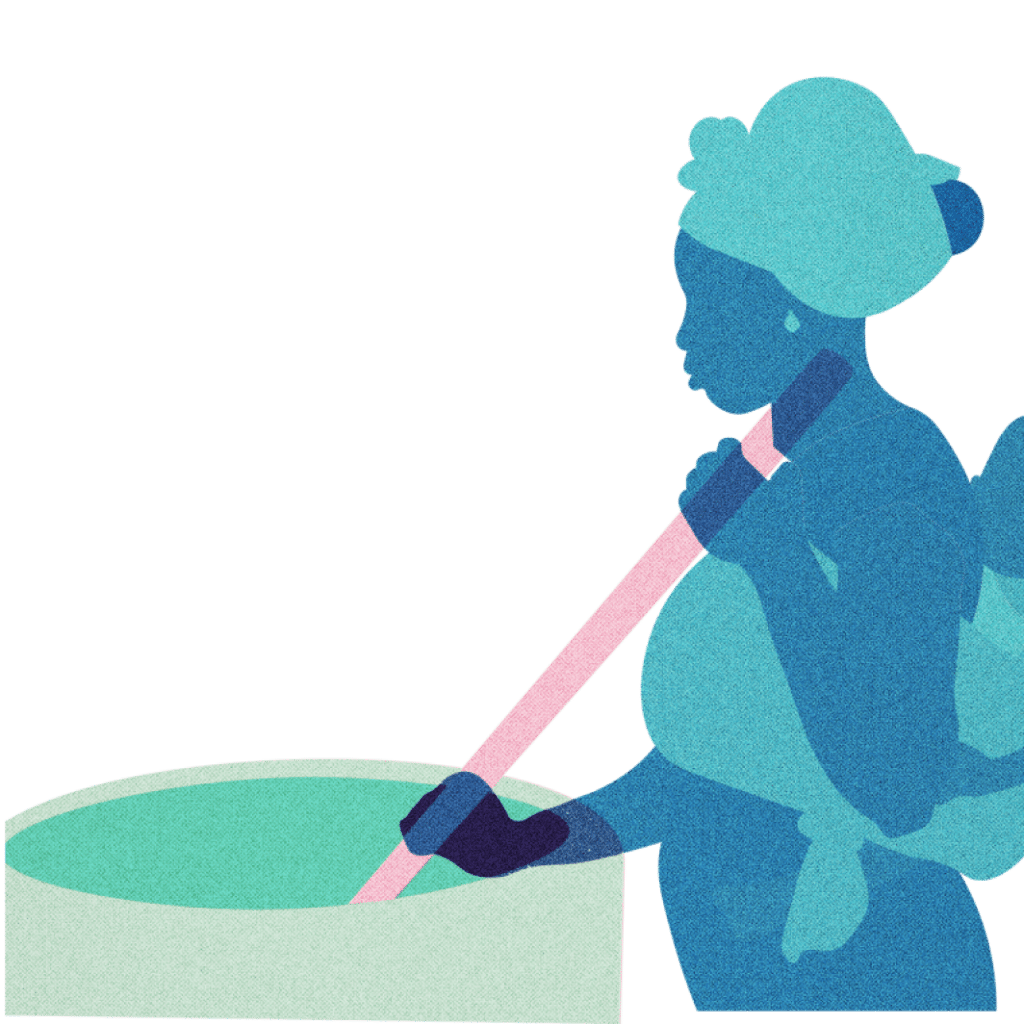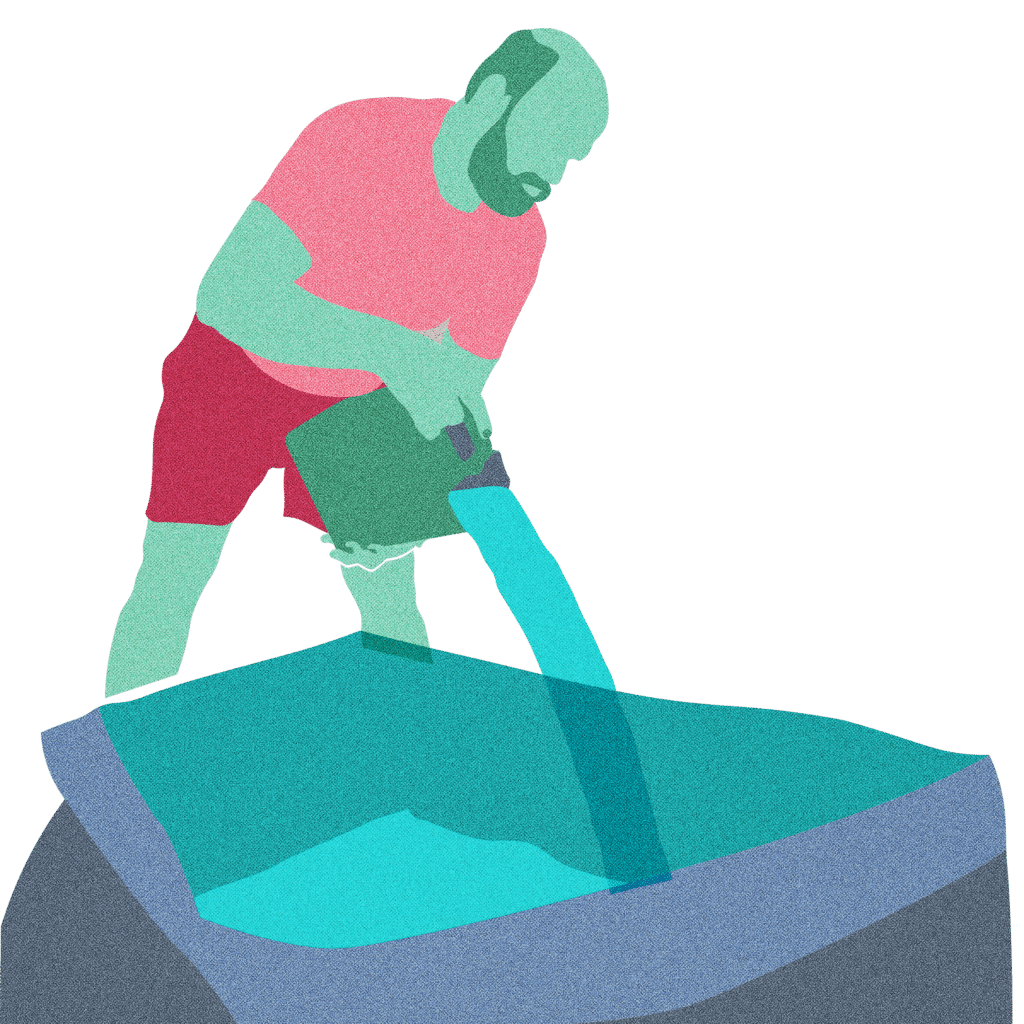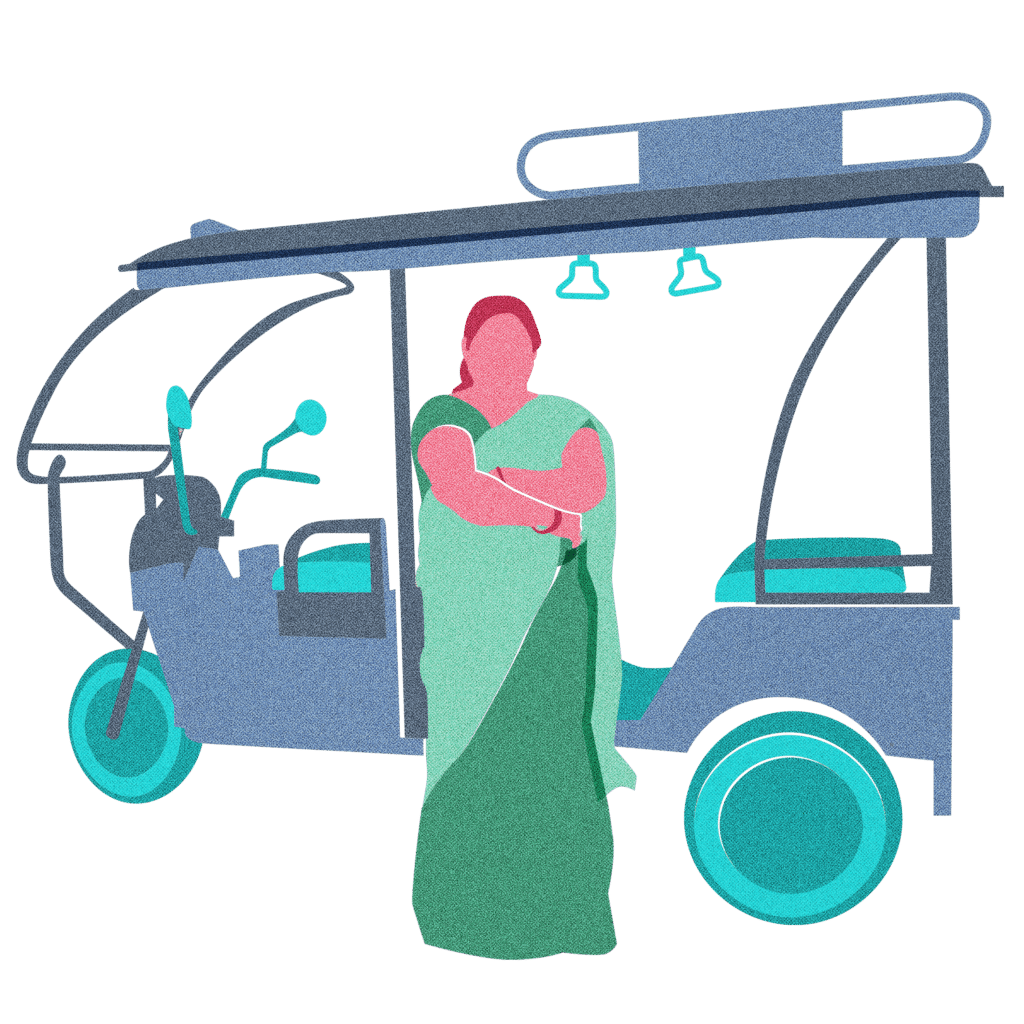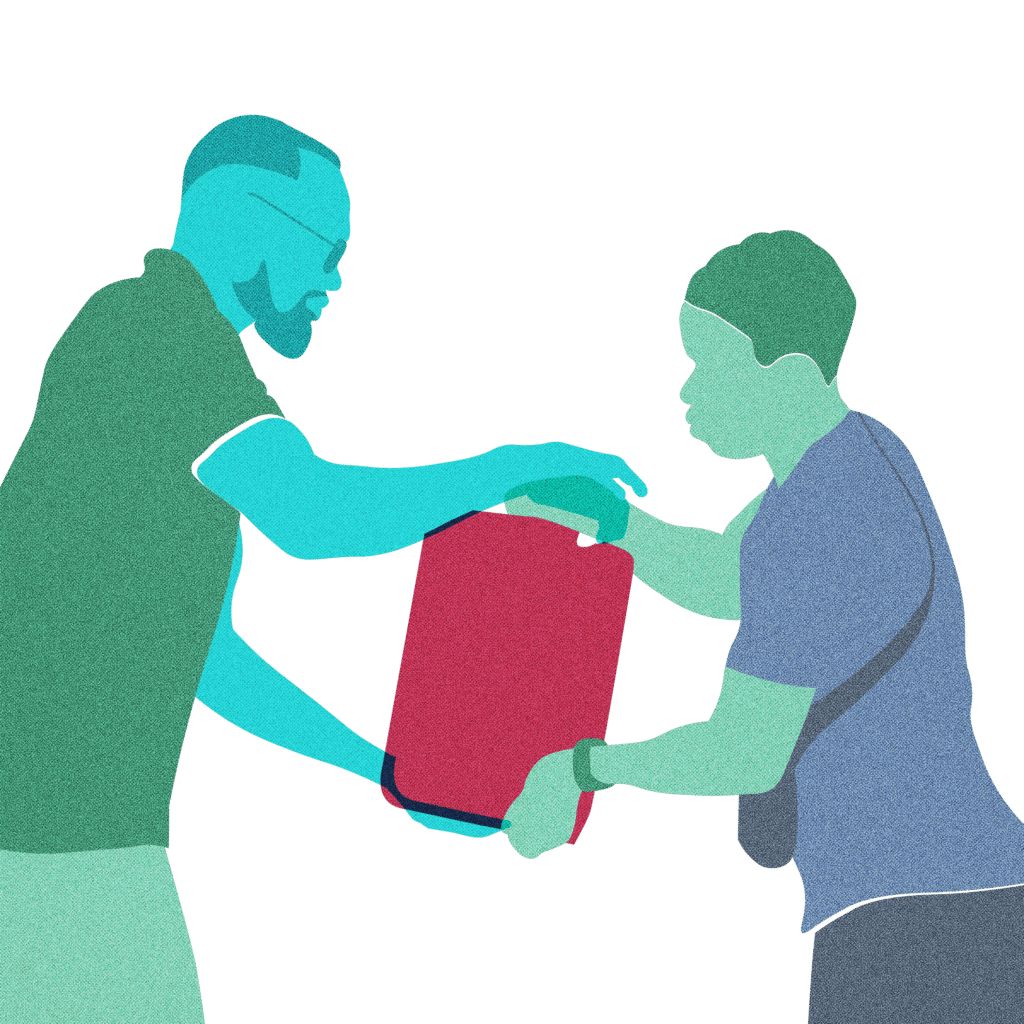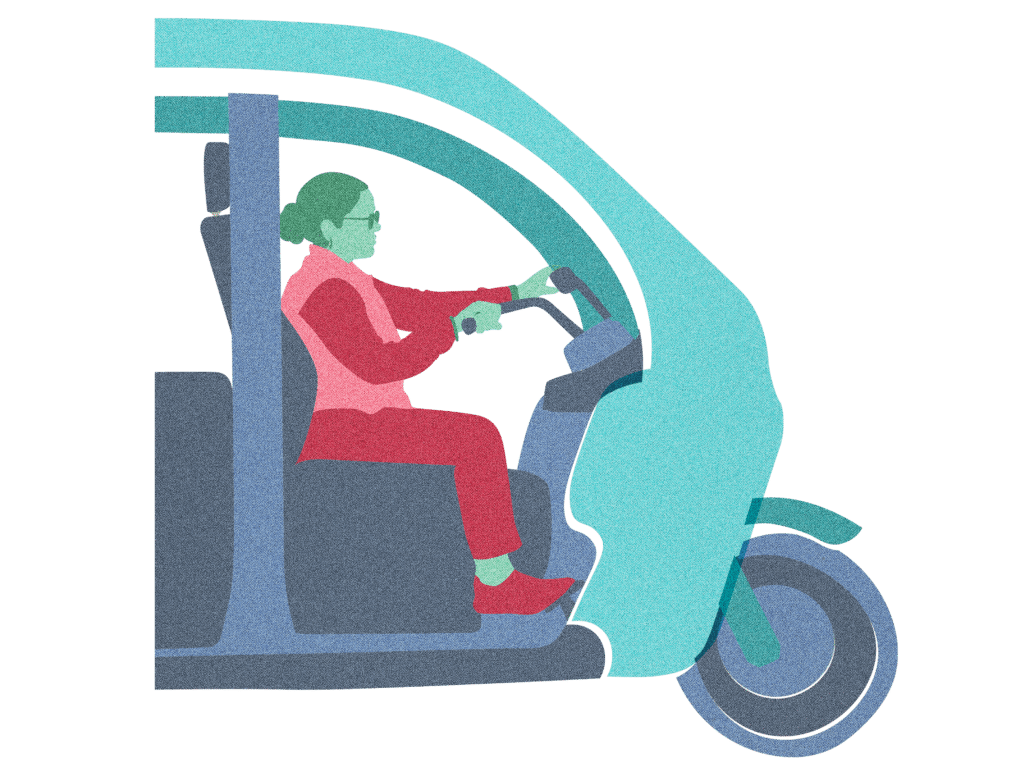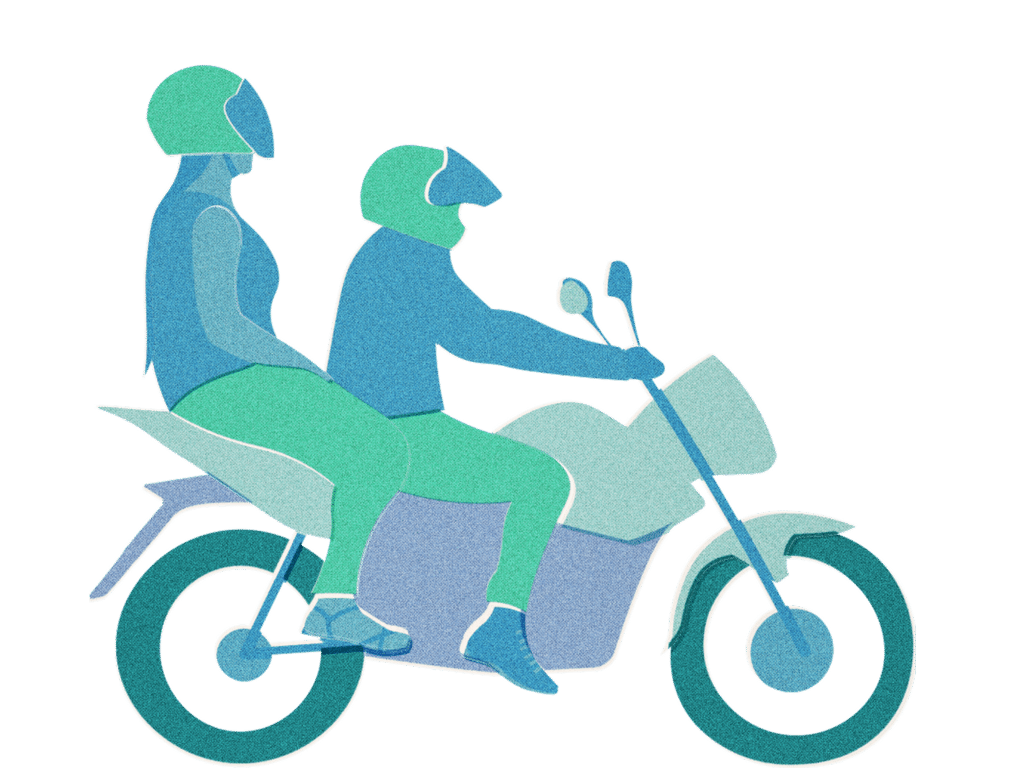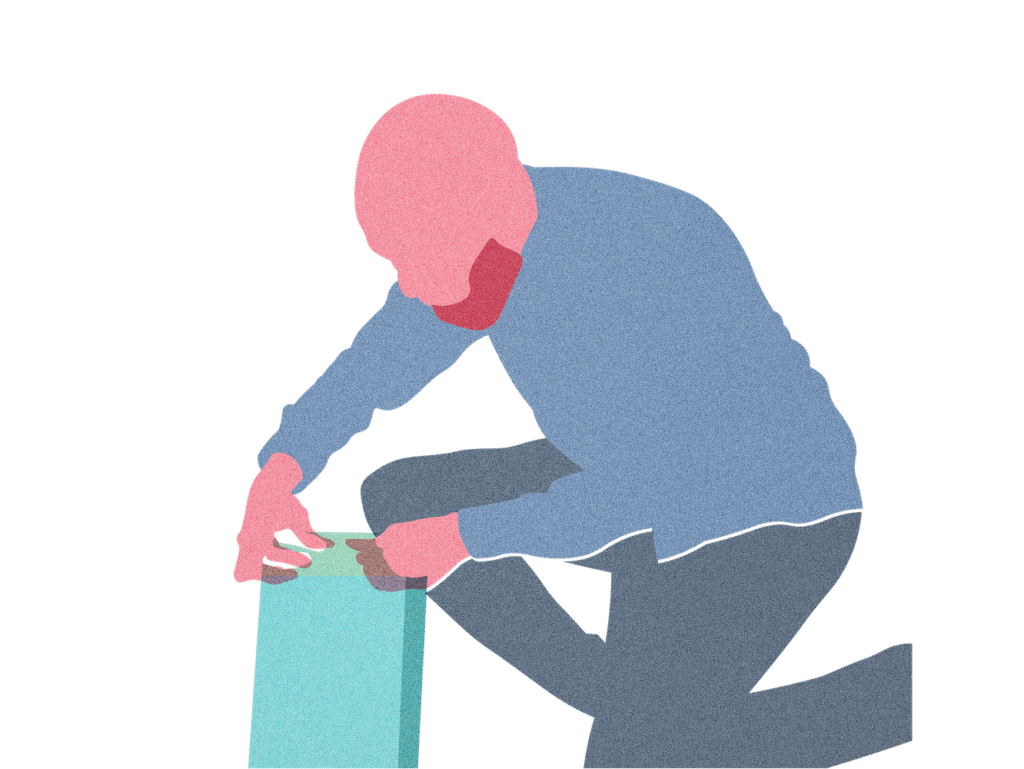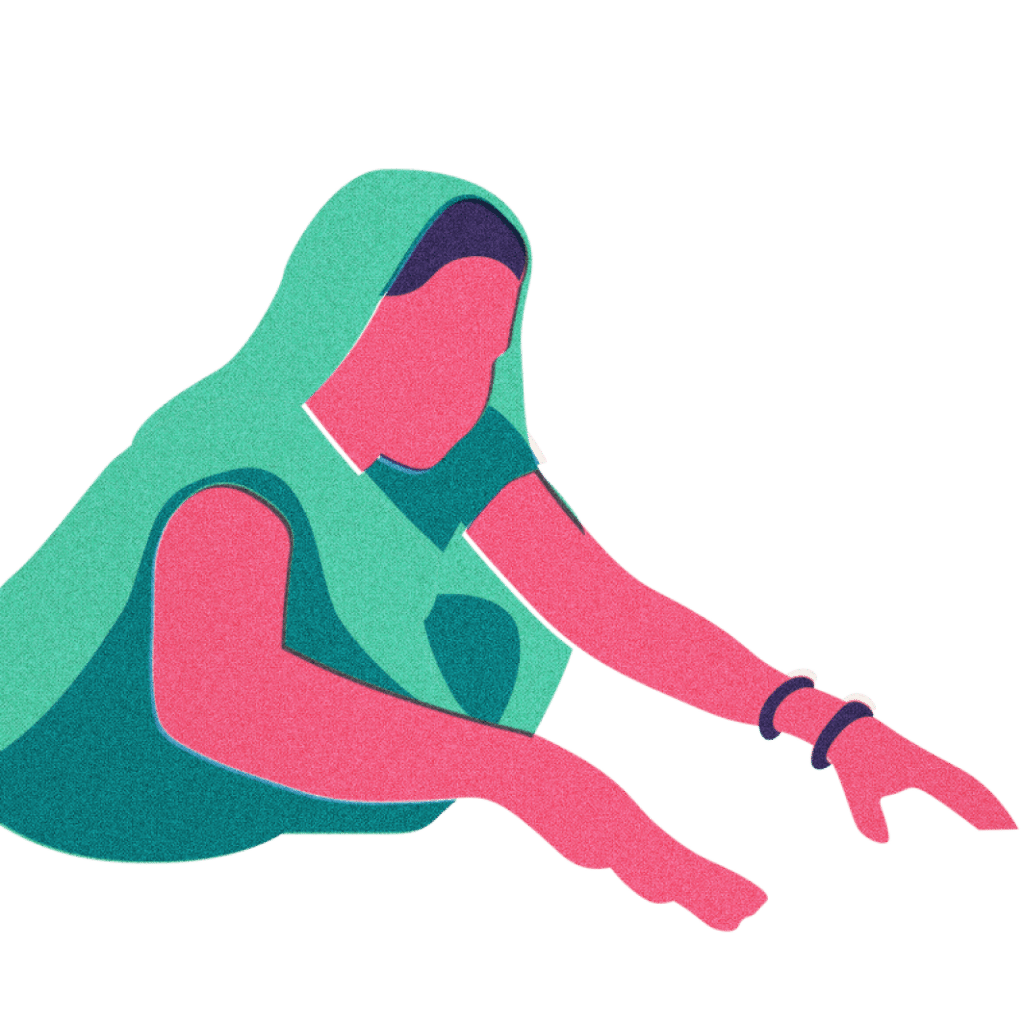How effective mentorship increased investment chances for African-led social enterprises
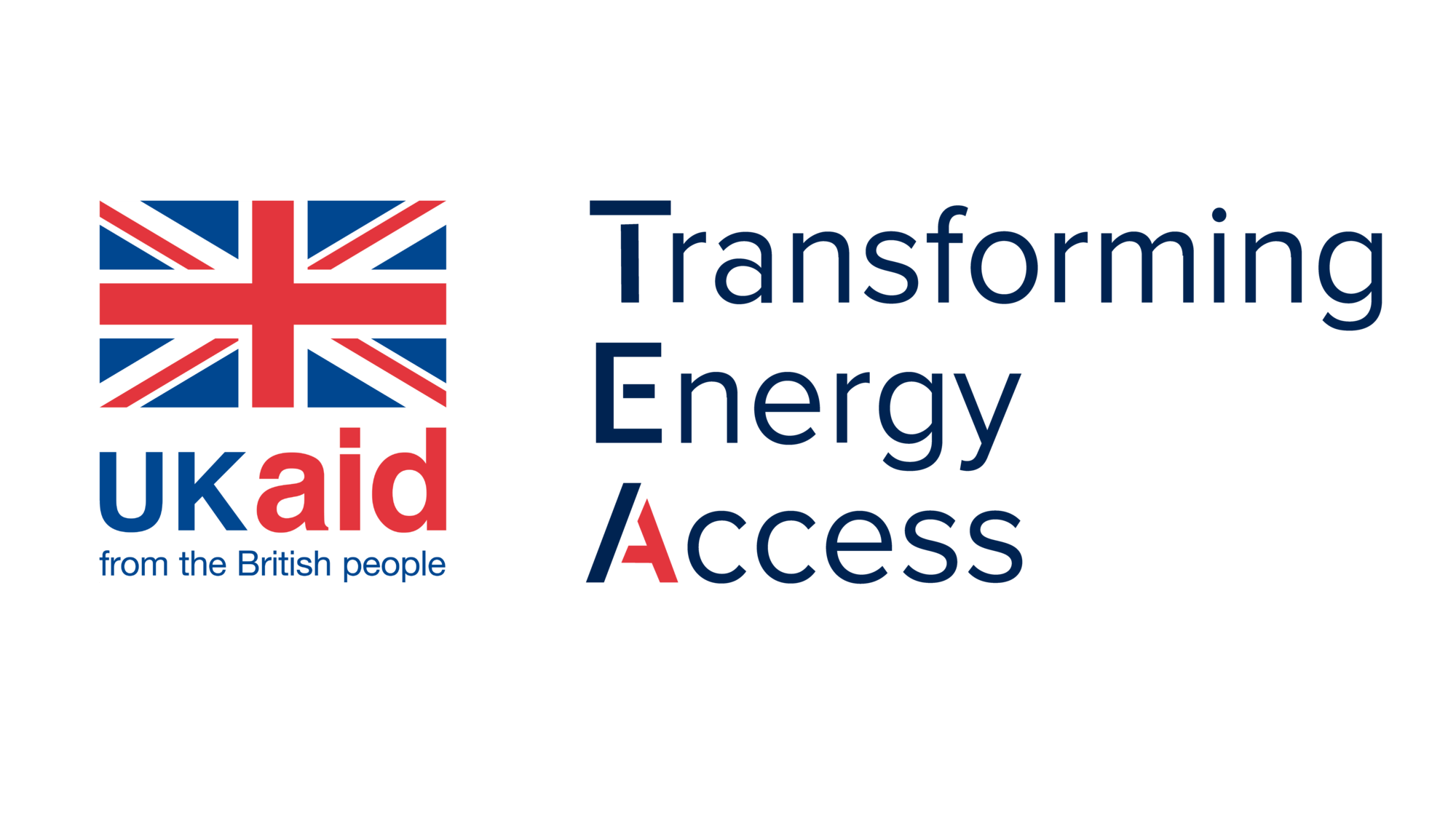 Co-funded by UK aid from the UK government, we set out to design a training programme that would help African founders become investment ready at the end of a three-month period, in the hope of driving more investment to these sectors in sub-Saharan Africa.
Co-funded by UK aid from the UK government, we set out to design a training programme that would help African founders become investment ready at the end of a three-month period, in the hope of driving more investment to these sectors in sub-Saharan Africa.
The programme was run by Seedstars, a global community organisation that supports technology and entrepreneurship through a variety of initiatives including challenge competitions, venture capital, talent incubation and co-working spaces in 15 countries.
Programme design
The programme took a tailored approach. Twenty start-ups were selected, and a thorough analysis of the specific challenges faced by each start-up conducted in order to tailor the programme to their needs. Key challenges were identified in the areas of:
- Team and leadership
- Unit economics and KPI tracking
- Legal processes
- Sales strategy
- Networking
- Fundraising strategy
The resulting programme took an holistic approach, involving five stages:
- Start-up sourcing
- Mentor sourcing and training
- Mentor and start-up matchmaking
- Capacity building and metrics tracking
- Investor connections
Insights and recommendations
The programme surfaced several insights and lessons that guide other entrepreneur support organisations in Africa who are looking to design investment readiness programmes (IRPs).
Key lessons that can be drawn from the programme include:
- IRP programmes can benefit start-up support organisations by running pre-IRP activities such as hackathons, skills training and incubators, to kick-start the start-up economy.
- Define clear start-up selection criteria at the outset.
- Network size, communication of programme announcements, and the nature of pre-existing relationships with mentors significantly influences the number of appropriate mentors willing to participate in such programmes.
- Mentor training is a useful side activity to ensure start-ups receive a similar standard of support, but careful thought needs to be put into how best to tailor it to the needs of the least experienced mentors, whilst still offering benefit to more experienced mentors.
- Invest in an in-depth matchmaking process where start-ups and mentors can meet and decide who they wish to be matched with.
- Carry out thorough needs assessments and progress tracking throughout the programme to tailor and adapt programme content to the needs of start-ups.
- Develop an online content library for easy access to training materials.
- Maximise the investment opportunities to incentivise start-up participation.
- Online on-demand information about start-ups can further facilitate investor interest beyond scheduled pitch events.
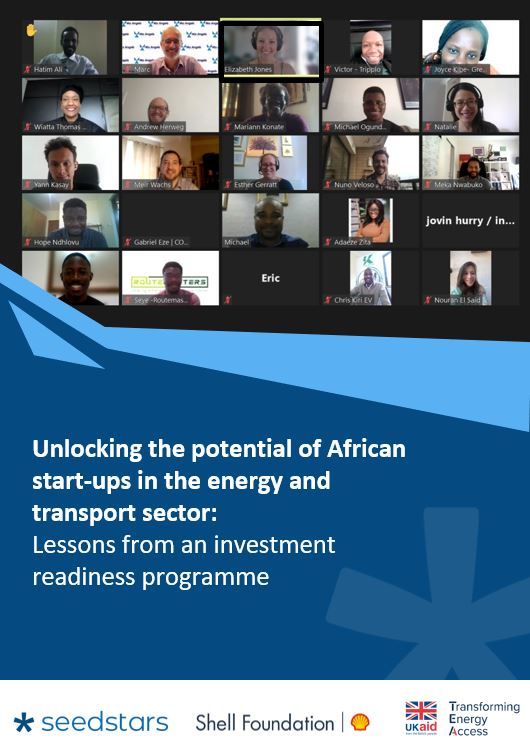 Download the full learning report (pdf, 1mb)
Download the full learning report (pdf, 1mb)
Impact and results
Few early-stage, innovative tech start-ups in A2E and SM have access to the kind of consistent, good quality support they needed to gain access to necessary funding. 30% of A2E and SM applicant start-ups reported only having access to high-cost support.
Well-matched mentor-mentee relationships further opened the door for the programme to provide the consistent, good-quality support required for start-ups to exponentially grow their business. 94% of mentors reported being well matched with their start-up, and start-ups equally rated an average of 93% on satisfaction for this part of the programme.
By trialling various methodologies and experimenting with customised ways of creating greater impact for all stakeholders, the programme helped all start-ups to become more investment ready and successfully linked them to potential future investments. By the end of the programme, 77 meeting requests had been received from potential investors, 11 investors started tracking start-up growth, 39 new employees were hired by the participating start-ups, and 88% of start-ups reported having ongoing conversations with investors.
Download the full learning report (pdf, 1mb)





